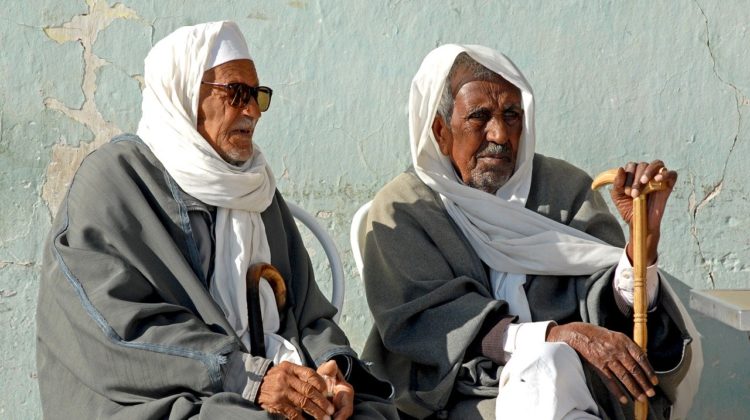
Social Security and Fighting Poverty in Tunisia
The objective of this study was to examine the role of social security in fighting poverty in Metlaoui, Tunisia, using survey data collected between July 2012 and January 2014, covering 200 poor households. We used questionnaire data, which gave a thorough analysis of the reactions, behavior, and strategies adopted by poor households as a result of various forms of risk. Social security has an effect on a number of different areas, including health, education, housing, and income. Our methodology explored both complete and partial risk-sharing, to investigate the impact of social security schemes on the strategies adopted by households to cope with economic shocks. The estimation results of different models showed that social security could help social security-covered households choose less costly strategies to cope with risks. However, the role of social security remains insufficient, given that covered households had less confidence in its services and they adopted strategies of self-insurance or income smoothing. Overall, the results showed that social security plays an important role in Metlaoui, but it remains insufficient, especially for households that are not covered by social security and are suffering from heavy health expenditures.
by Hasna Khemili andMounir Belloumi
Faculty of Economics and Management of Sousse, LAMIDED, University of Sousse, Sousse 4023, Tunisia
College of Administrative Sciences, Najran University, Najran 1998, Saudi Arabia
Author to whom correspondence should be addressed.
